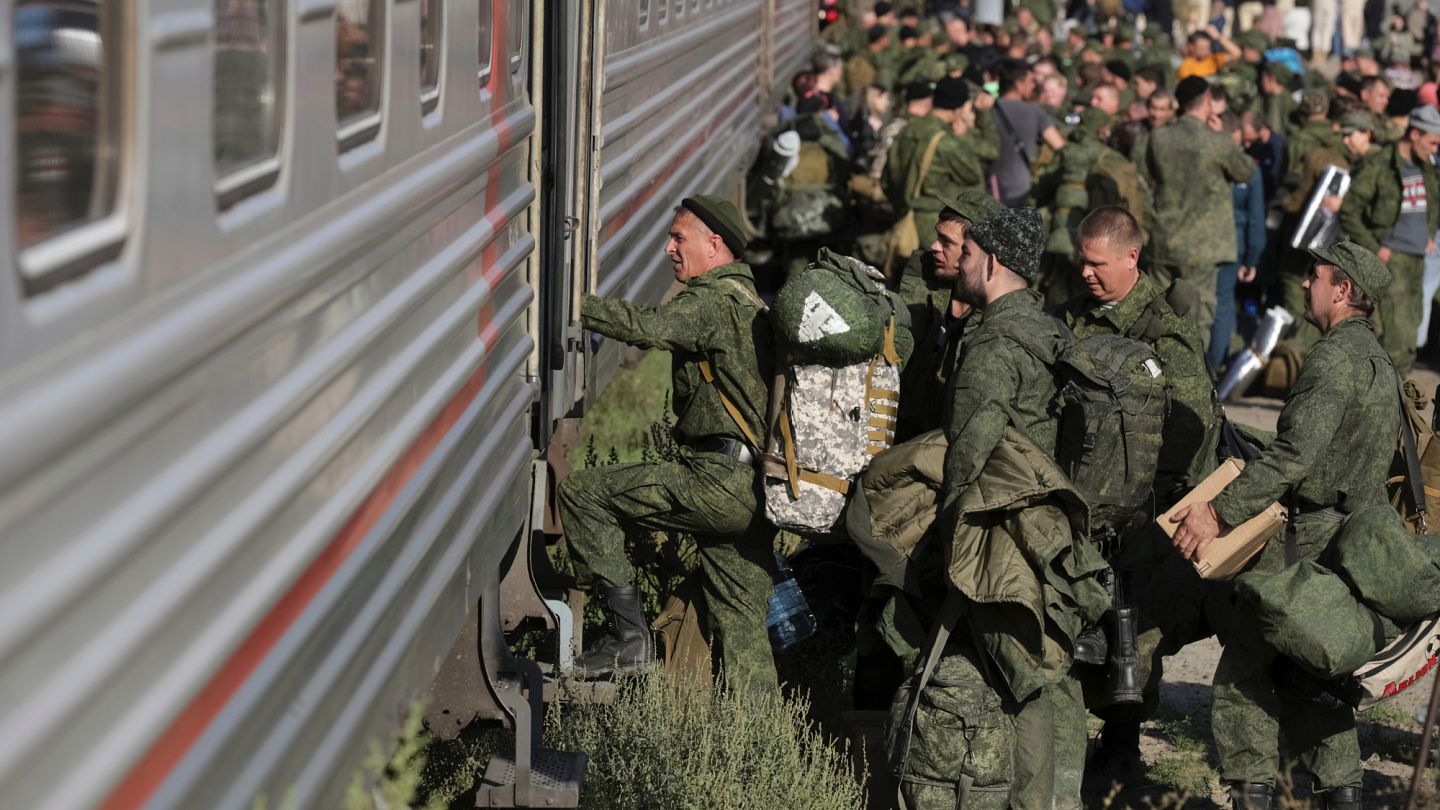In an attempt to avoid mobilisation, Kremlin now allows foreigners to serve in Russian army
To offset battlefield losses without triggering a second wave of mobilisation, the Russian president signed a decree allowing foreigners to serve in the Russian army not only during a state of emergency or martial law, but also amid draft periods.
Russian President Vladimir Putin signed a decree Monday allowing foreigners to serve in the Russian army not only during a state of emergency or martial law, but also during the period of mobilisation. In an effort to expand Moscow’s military recruitment efforts, the Kremlin will also now allow qualified specialists who have reached the age limit to sign contracts with Russia's Foreign Intelligence Service (SVR), Federal Security Service (FSB), or other state security agencies.Until Monday, foreigners were allowed to serve in the Russian army only during states of emergency or under martial law, which Moscow has not declared despite its full-scale invasion of Ukraine three and a half years ago. Putin’s partial mobilisation decree from September 2022, which triggered the exodus of over 261,000 Russians, remains in force.As Moscow has recently intensified its summer offensive against Ukraine, allowing foreigners to serve in the army would strengthen the recruitment process in Russia while avoiding formal conscription. At the end of March, the Kremlin announced its traditional spring conscription of 160,000 men — the largest call-up in 14 years. Foreigners in Russian army In April the UK Ministry of Defence reported that Russia has recruited more than 1,500 foreign nationals to fight against Ukraine between April 2023 and May 2024.According to the British intelligence update, the majority of foreign recruits came from South and East Asia, accounting for 771 individuals. They were followed by citizens from former Soviet republics (523) and African countries (72).The UK Ministry of Defence suggested that the main factors motivating foreigners to sign military contracts are financial incentives and the possibility of obtaining Russian citizenship. “Many foreign citizens are almost certainly recruited specifically through Moscow due to higher signing bonuses and the city’s relative international accessibility,” it said.The intelligence update in April further indicated that Moscow was likely to continue enlisting foreign citizens over the medium term. This strategy is intended to offset battlefield losses without triggering a second wave of mobilisation.According to the latest update from Ukraine’s General Staff, Russia has lost 1,028,610 troops in Ukraine — either killed or wounded — since the beginning of its full-scale invasion on 24 February 2022. Kyiv’s daily updates indicate an average daily rate of around 1,000 casualties among Russian troops. UK Defence Ministry analysts noted that while foreign recruitment by Moscow will persist, it is unlikely to significantly alter the composition of Russia’s military forces, given the scale of domestic enlistment efforts.


